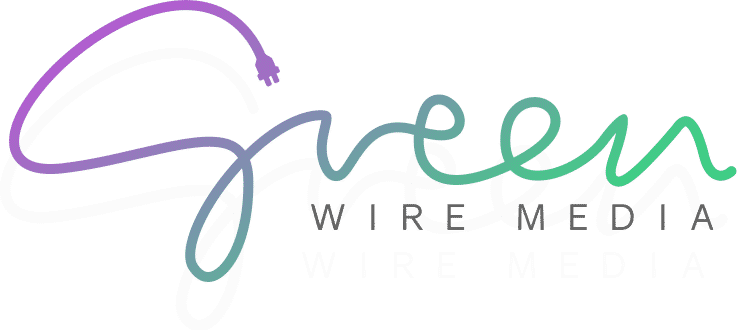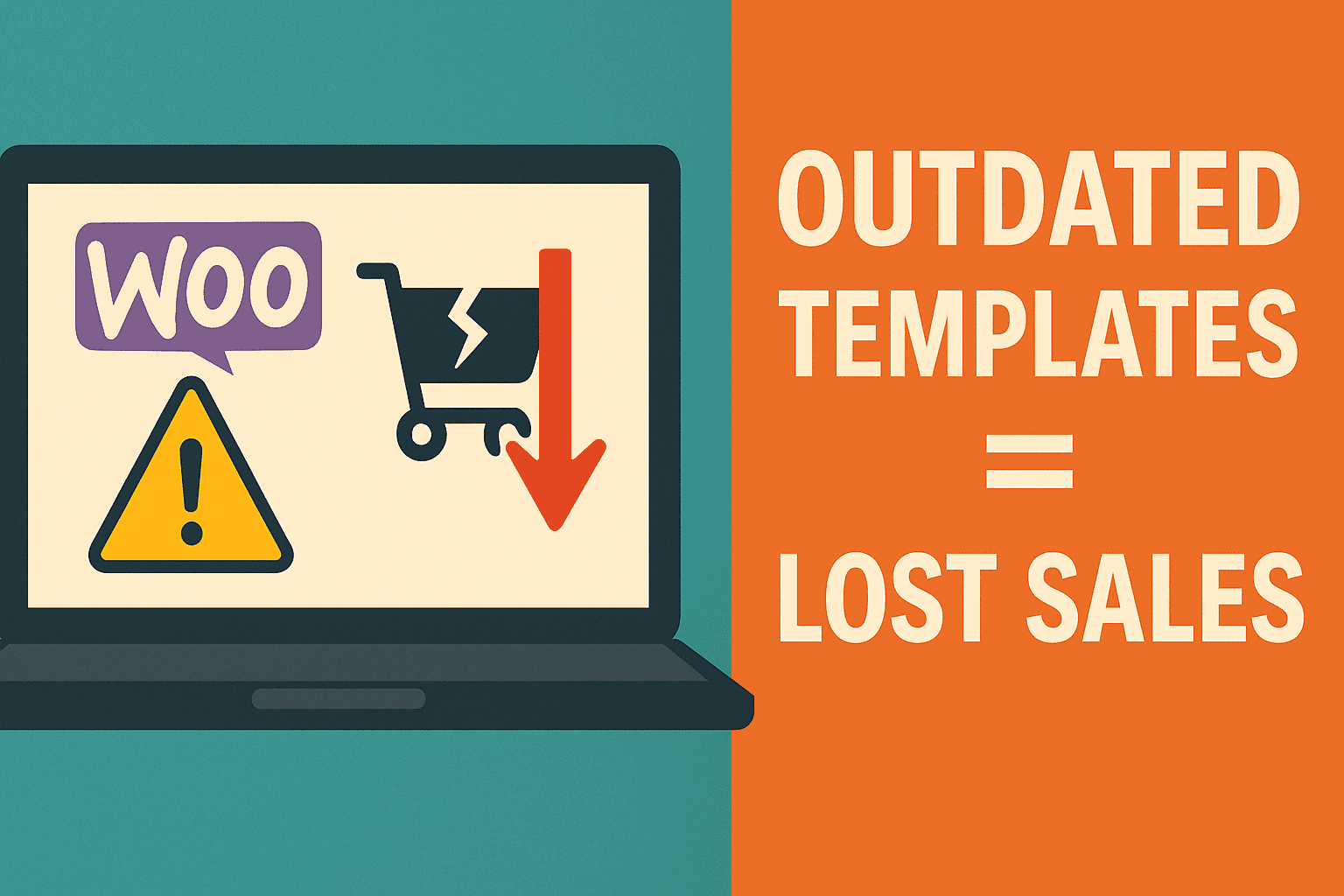Divi is a WordPress page builder plugin designed to simplify the process of building websites, with advanced marketing features like split A/B testing. If Divi’s interface doesn’t quite suit you, Elementor could be another viable choice; both plugins feature drag-and-drop editors that make editing straightforward and user-friendly interfaces; here we discuss some key differences between them so you can make an informed choice when selecting which is suitable.
Both plugins feature a similar structure. Both provide a sidebar on the right that displays available elements, enabling you to drag-and-drop them anywhere on the page. They both also enable users to move and resize widgets easily using either its arrows at the top, or by simply clicking its name if they wish to delete it from their page.
Elementor offers more widgets and modules than Divi, due to having a larger community and its developers constantly making enhancements in its plugin. On the other hand, Divi regularly releases updates with additional features and provides more templates to choose from.
Divi and Elementor both feature an extensive library of premade layouts to choose from, including landing page templates, blog post templates, WooCommerce layouts and even WooCommerce designs. Both plugins also provide additional features like color palettes, font sizes and social sharing icons; you can even use either page builder to create custom columns.
One of the key advantages of Elementor is its clean code. Most other page builders feature messy code which can negatively affect SEO rankings; not so with Elementor which features clean code without needing you to write shortcodes yourself – making it much simpler and user-friendly, especially for beginners who lack time or skills for writing code themselves.
Elementor is more SEO-friendly than Divi, which uses shortcodes with complex layouts to alter their layouts. This can impact SEO as Google may struggle to index your site properly if too many shortcodes clutter its page layouts and reduce indexation rates; additionally, overuse of shortcodes could ruin website functionality and leave it disjointed should you ever decide to switch page builders.
Both plugins are easy to use, with Elementor slightly outperforming Divi in loading pages faster; however, this difference should not make a substantial impactful statement about either one’s capabilities. Furthermore, both have extensive tutorials and support documentation available that will walk you through how best to use them.




